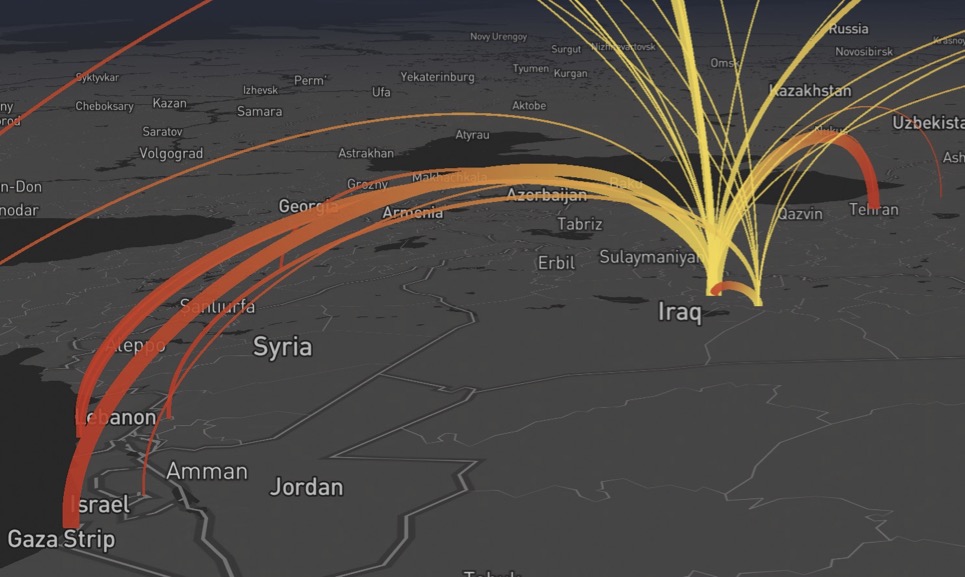EdgeTheory's Narrative Intelligence brief on Chinese Economic Warfare uncovers how the People's Republic of China (PRC) exploits vulnerabilities in U.S. law to advance its strategic goals. Through sophisticated information operations, Chinese state-controlled and affiliated entities manipulate public sentiment and policy discussions surrounding technology and intellectual property. EdgeTheory’s real-time analysis identifies key tactics used by the PRC, including amplifying pro-CCP narratives through social media and leveraging foreign non-state sources to create an illusion of independent verification. Additionally, EdgeTheory’s geopolitical threat monitoring exposes China’s use of patent litigation as an economic warfare strategy—employing legal mechanisms such as the Patent Trial and Appeal Board (PTAB) to weaken U.S. innovation while appropriating technology for the People’s Liberation Army (PLA). These findings reveal a coordinated effort to manipulate global perceptions of China’s technological dominance while undermining foreign competition through aggressive legal and narrative warfare.
By utilizing AI-driven narrative threat analytics, EdgeTheory identifies how adversarial narratives shape global and regional stability. Through geospatial intelligence and multilingual analysis, EdgeTheory’s platform tracks emerging threats, identifies key influencers, and maps narrative amplification strategies in real time. This capability allows intelligence analysts and decision-makers to proactively counter foreign malign influence (FMI) and safeguard economic and national security interests. As demonstrated in our latest analysis, EdgeTheory empowers organizations to detect, analyze, and mitigate narrative manipulation with precision—providing a critical advantage in the ever-evolving information landscape. Read the full report here.
